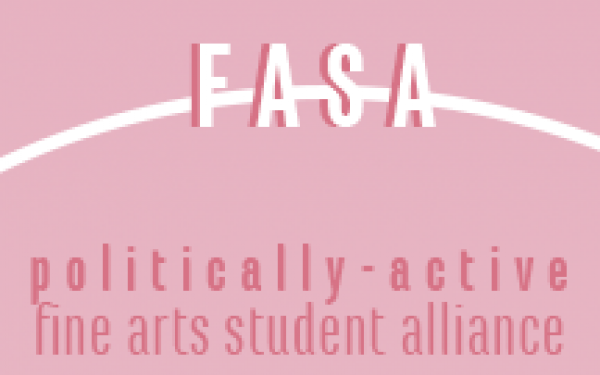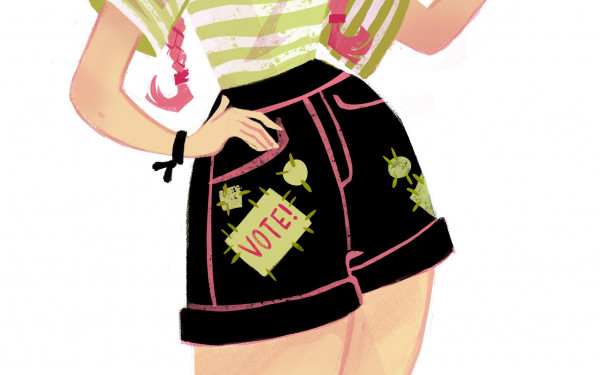A Look at Concordia’s New First Peoples Studies Member Association
The department has created their own student association, and approximately 30 out of its 44 students voted to elect their representatives.
This article has been updated.
The First Peoples Studies Member Association executive team is composed of President Shiann Wahéhshon Whitebean, VP Financial Affairs Heldden Byumvuhore, VP Academic Affairs Tanisha Campbell, VP Social Affairs Charlie O’Connor and VP Communications, Internal and External Affairs Stephen Karchut. Their
council representative is Olivia Gennarelli.
In the future, the FPSTMA wants to get rid of the labels of president and vice presidents to eliminate a hierarchy in the positions. The association hopes to approach the university political system differently.
“To follow the typical structure of a student association is really foreign to me,” Whitebean said in an interview before being elected as the president of the MA. “We, collectively as a body of students, want to revise the by-laws to have an alternative approach, more consensus-based.”
They will begin changing the structure of the association to introduce aspects of the Kanien’kehá:ka council process, as per their own tradition. This will allow for more students to get involved in the decision making process.
“We hope to reach decisions by consensus as a collective of students, similar to my people,” Whitebean said.
According to Karchut, the program is full of open-minded people who are looking forward to trying something different and understanding First Peoples’ culture. Even so, changing the system will have to wait until a referendum that could take place next year.
The election was put together collectively. They used the fliers advertising the polling dates and combined their campaign budgets to create reusable promotional materials for the association.
“Each candidate was supported by the program and ran unchallenged for their position,” Whitebean said.
Before this new creation, students taking First Peoples studies fell under the School of Community and Public Affairs Students’ Association, since their department is part of SCPA. This is partly why they wanted their own autonomous representation, separate from SCPASA.
“We didn’t fit well under their umbrella,” Whitebean said. “We have really unique needs.”
A year ago, when SCPASA voted to strike against provincial austerity measures and classes were cancelled as a result, First Peoples studies’ classes were cancelled as well, despite the fact that they had not participated in the vote.
When Tom Flanagan—who was a campaign manager for Stephen Harper—was invited to talk at Concordia last March, they had no collective weight to voice their opposition.
The Arts and Science Federation of Associations helped the First Peoples studies put together by-laws to create their own association. The newly formed association doesn’t have a budget yet. This is because ASFA set its budget at the beginning of the year, before the FPSTMA’s creation.
“We do not need the money for now, we’re learning as we’re going,” Karchut said. “We are also getting a lot of help to organize our events from SCPASA, the association we broke off from.”
Their first event was the Free to be Mohawk book launch on Jan. 29, and around 50 people attended. For now, the association is focused on raising awareness.
“Being such a small and overlooked program, we want to help each other out, so students are really participative,” Karchut said.

_700_1050_90.jpg)

WEB_600_375_90_s_c1.jpg)


__600_375_90_s_c1.jpg)